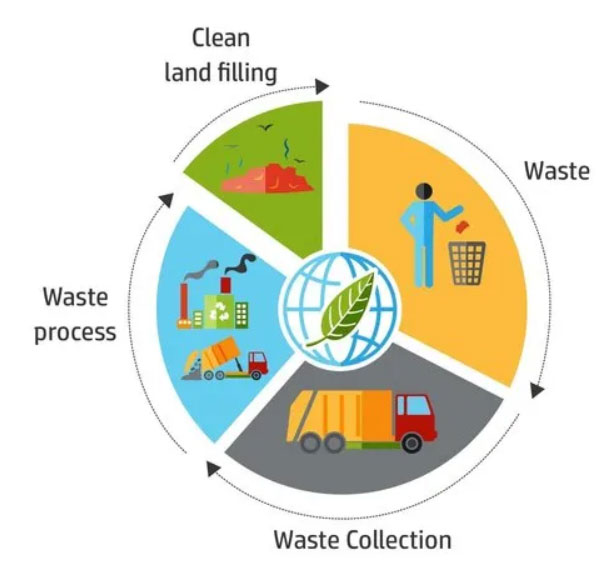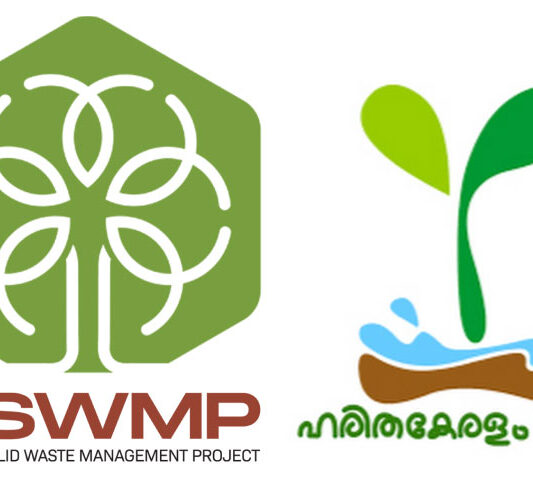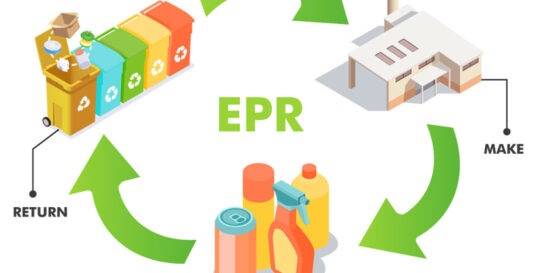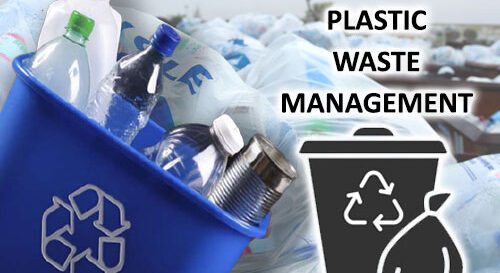The term “Solid Waste Management” refers to the collection, treatment, and disposal procedure for solid wastes. Wastes are gathered from various sources and are disposed of through the waste management process, which involves the collection, transportation, treatment, analysis, and disposal.
Solid waste is a non-liquid, non-soluble material ranging from municipal garbage to industrial waste that sometimes contains complex and hazardous substances. It includes domestic waste, sanitary waste, commercial waste, institutional waste, catering and market waste, bio-medical waste, and e-waste.
Types of Solid Waste Management
-
Landfill: It involves burying the waste in vacant locations around the city. The dumping site should be covered with soil to prevent contamination.
Benefits: A sanitary disposal method if managed effectively.
Limitations: A reasonably large area is required.
-
Incineration: It is the controlled oxidation (burning/thermal treatment) of mostly organic compounds at high temperatures to produce thermal energy, CO2, and water.
Benefits: Burning significantly reduces the volume of combustible waste.
Limitations: Smoke and fire hazards may exist.
-
Composting: It is a natural process of recycling organic matter like leaves and food scraps into beneficial fertilizers that can benefit both soil and plants.
Benefits: It is beneficial for crops and is an environment-friendly method.
Limitations: Requires high-skilled labour for large-scale operation.
-
Recycling: It is a process of converting waste material into new material. Examples: wood recycling, paper recycling, and glass recycling.
Benefits: It is environment-friendly.
Limitations: It is expensive to set up and not reliable in case of an emergency.
-
Vermicomposting: Vermicomposting is a bio-conversion technique that is commonly used to handle solid waste. Earthworms feed on organic waste to reproduce and multiply in number, vermicompost, and vermiwash as products in this bio-conversion process.
Benefits: It reduces the need for chemical fertilizers and enhances plant growth.
Limitations: It is time-consuming, cost-ineffective, and requires extra care.
Credits: https://www.vedantu.com/biology/solid-waste-management






